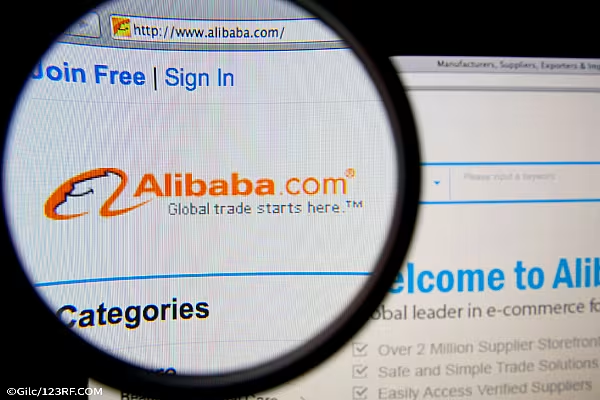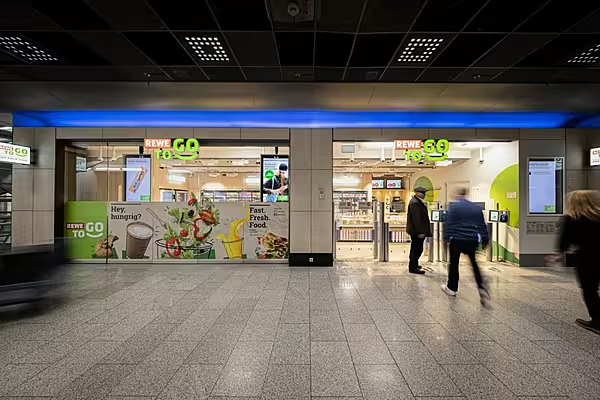Chinese tech giant Alibaba's international e-commerce unit is tapping generative AI-powered tools to help cross-border merchants with translation, content creation and product returns, group vice president Kaifu Zhang said.
Speaking on stage at the Reuters Next Conference in Singapore, the executive, who heads Alibaba International Digital Commerce's artificial intelligence (AI) initiative, said he was bullish on AI's potential for the company, even in the face of increasing tensions between China and the US.
"China is pretty much on par with the US in the rate of (AI) innovation," said Zhang, who highlighted the global developments made in China and Europe in open-source AI technology.
Restructuring
The sprawling tech conglomerate has been grappling with how to make its global marketplaces, including AliExpress and Lazada, more competitive after restructuring its international e-commerce unit into a standalone business.
The advantages of an early head-start have faded in recent years, with sales and growth outshone by China-founded peers Shein and NASDAQ-listed PDD's Temu.
According to Zhang, Alibaba International Digital Commerce Group now has 300 million consumers yearly and over one million merchants around the world.
The unit has become one of Alibaba's brightest growth areas. Earnings grew 44% in the October to December period from a year earlier.
In May of this year, Alibaba beat analysts' estimates for fourth-quarter revenue as a focus on low-cost goods in response to cautious consumer spending helped boost domestic e-commerce sales. The company's domestic commerce arm, Taobao and Tmall Group, grew 4% year-on-year, with order volume increasing double-digits.
The company has had a tumultuous year since announcing the biggest shake-up in its 25-year history in March of last year, splitting into six units and refocusing on its core businesses, including domestic e-commerce.










